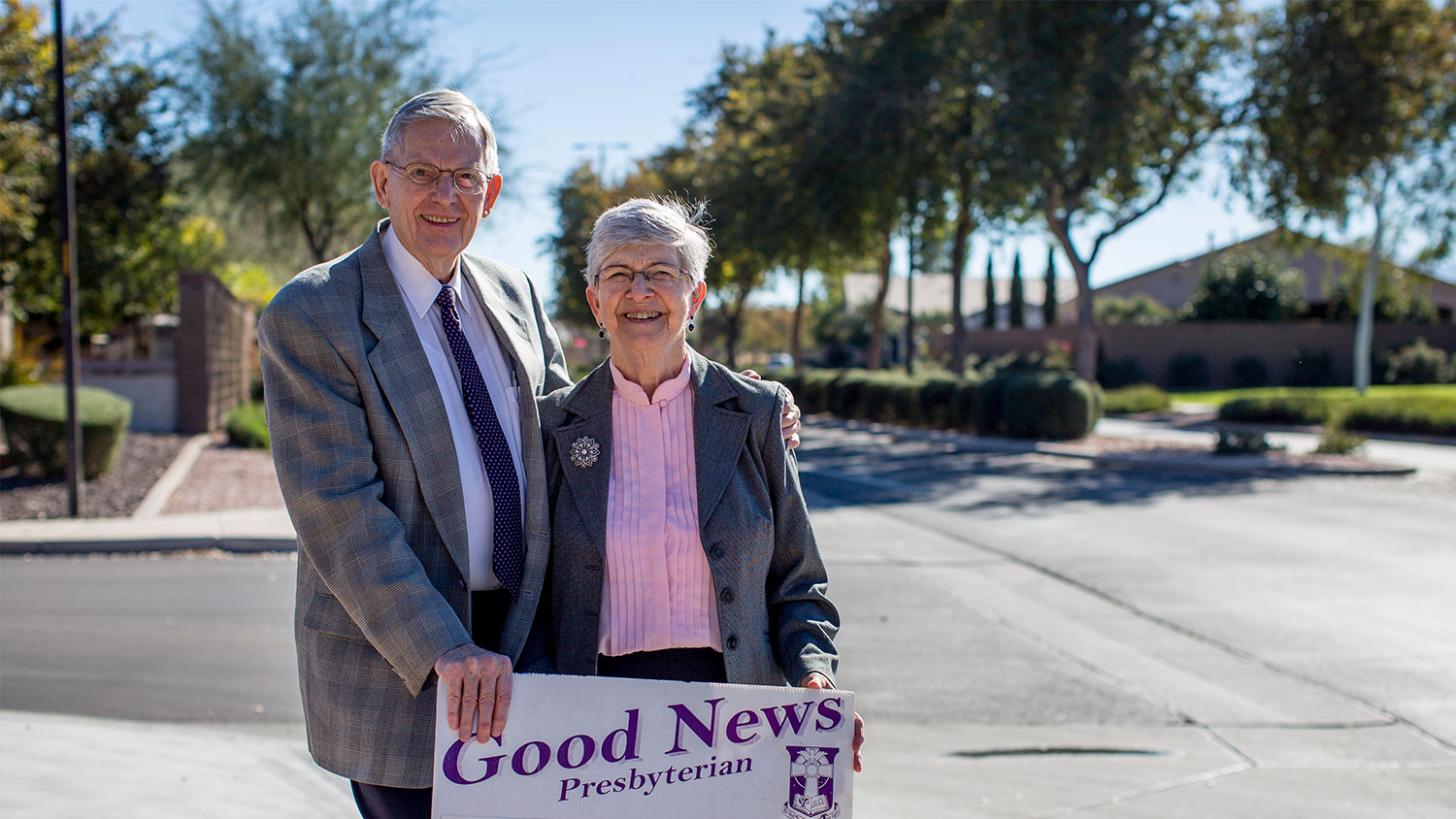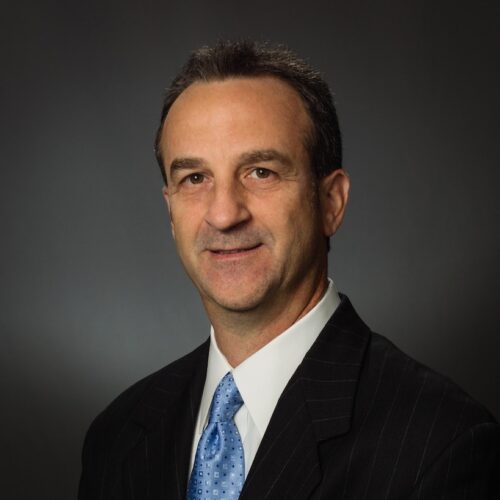
WASHINGTON – Alliance Defending Freedom attorneys filed a brief Monday with the U.S. Supreme Court that answers the arguments of an Arizona town which wants to continue applying stricter rules to church signs than it does to political and other noncommercial signs because it claims it has a good motive for its discrimination against church speech.
In September, the high court received numerous friend-of-the-court briefs opposing government discrimination against the speech of churches. ADF attorneys filed their opening brief on behalf of Good News Community Church in Gilbert in September, and the town responded last month.
“Speech discrimination is speech discrimination. It doesn’t matter if the government intended to violate the First Amendment or not, and it doesn’t matter if the government thinks its speech discrimination is well-intended. It’s still unconstitutional,” said ADF Senior Counsel David Cortman, who will argue before the high court on Jan. 12. “The government shouldn’t be permitted to place severe restrictions on religious speech while allowing greater exposure for the speech of others in similar circumstances. The Supreme Court should ensure that no government in America is allowed to prefer one form of speech over another.”
The lawsuit, Reed v. Town of Gilbert, asks the Supreme Court to end a free speech test used by some courts that allows the government to decide what speech is more valuable and thus entitled to greater protection under the First Amendment. The test improperly excuses unlawful discrimination so long as the government says its motive is good. The U.S. Court of Appeals for the 9th Circuit used that test to determine that Good News Community Church’s religious signs are far less valuable than what the town calls “political” and “ideological” signs, thereby justifying the town’s strict limits on the church’s signs.
Under the Arizona town of Gilbert’s ordinance, political signs can be up to 32 square feet, displayed for many months, and unlimited in number. An ideological sign can be up to 20 square feet, displayed indefinitely, and unlimited in number. The church’s signs and some other non-profit, event-related signs can only be six square feet, may be displayed for no more than 14 hours, and are limited to four per property.
According to the ADF reply brief, the town of Gilbert’s test for how signs will be treated gives the town “license to classify noncommercial speech based on content, which is forbidden by the First Amendment. Worse, [the town and its officials] candidly admit that their test allows them to more heavily regulate – even eliminate – noncommercial speech [on signs] they view as less important.”
“Politicians can’t set up a system to give themselves nearly unlimited speech while practically silencing private citizens operating a church,” said ADF Senior Legal Counsel Jeremy Tedesco. “It’s unconstitutional to allow the nearly year-round display of giant political signs but turn around and tell churches they can only have tiny signs up for a few hours in the dark of night. The government simply cannot restrict religious speech based on the indefensible argument that it is less valuable than political speech.”
- Pronunciation guide: Tedesco (Tuh-DESS’-koh)
Alliance Defending Freedom is an alliance-building, non-profit legal organization that advocates for the right of people to freely live out their faith.
# # # | Ref. 11808








